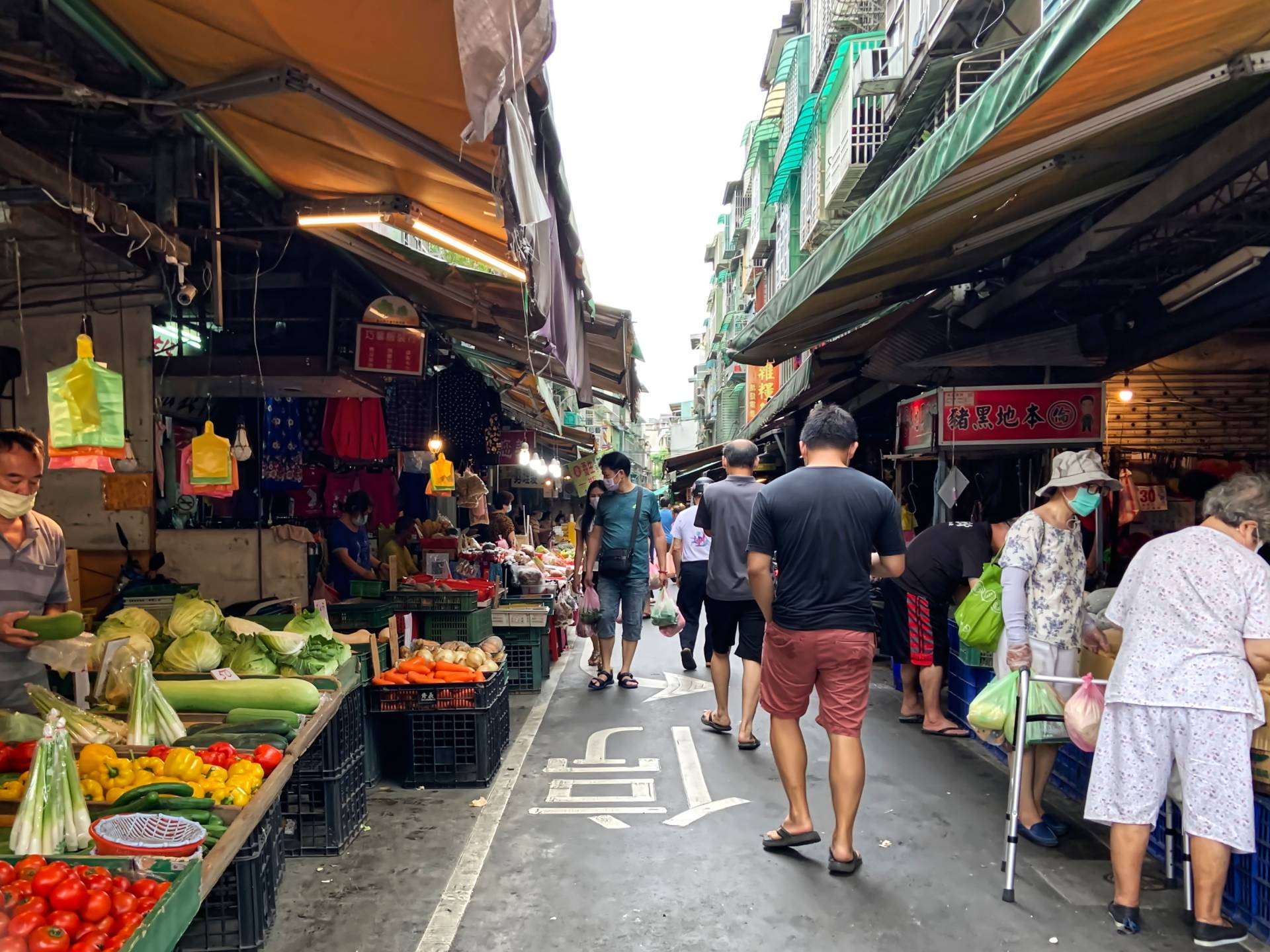
A better understanding of 'wet markets' is key to safeguarding human health and biodiversity
To help policymakers distinguish benign markets from dangerous ones, a team of Princeton researchers led by Bing Lin and David Wilcove analyzed the different types of so-called 'wet markets,' how they function, and the risk they pose to people and wildlife.
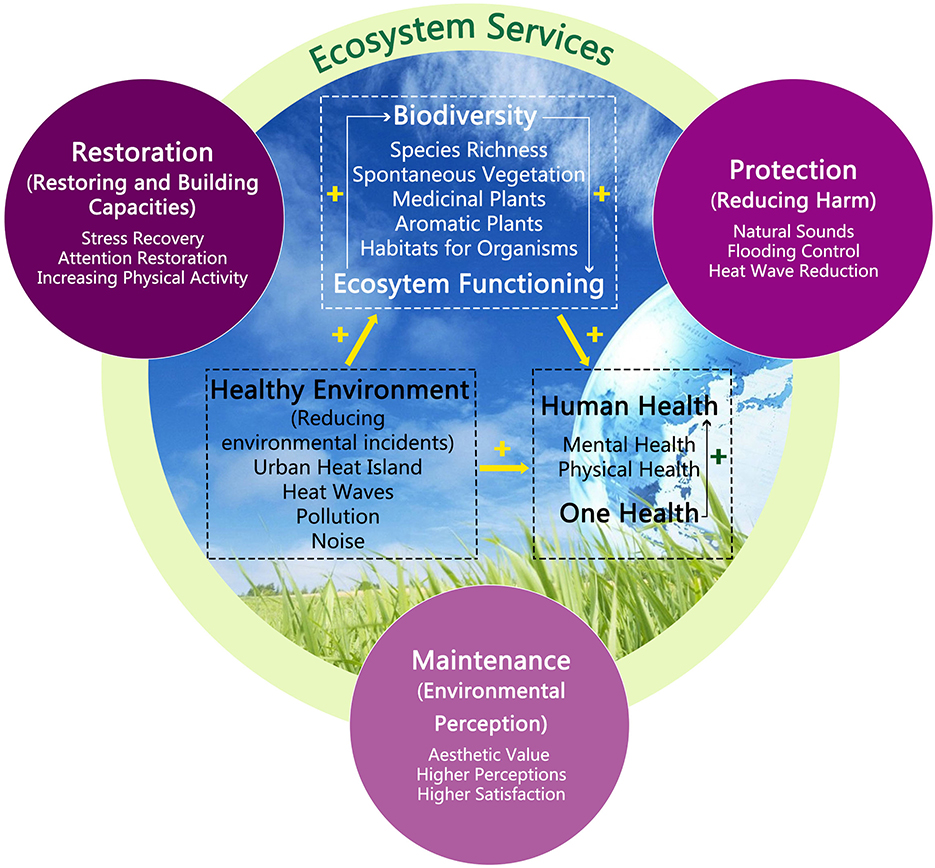
Frontiers Editorial: Biodiversity, ecosystem functions and

Address risky human activities now or face new pandemics

News Office of the Dean for Research

Vaccine stockpiling by nations could lead to increase in COVID-19
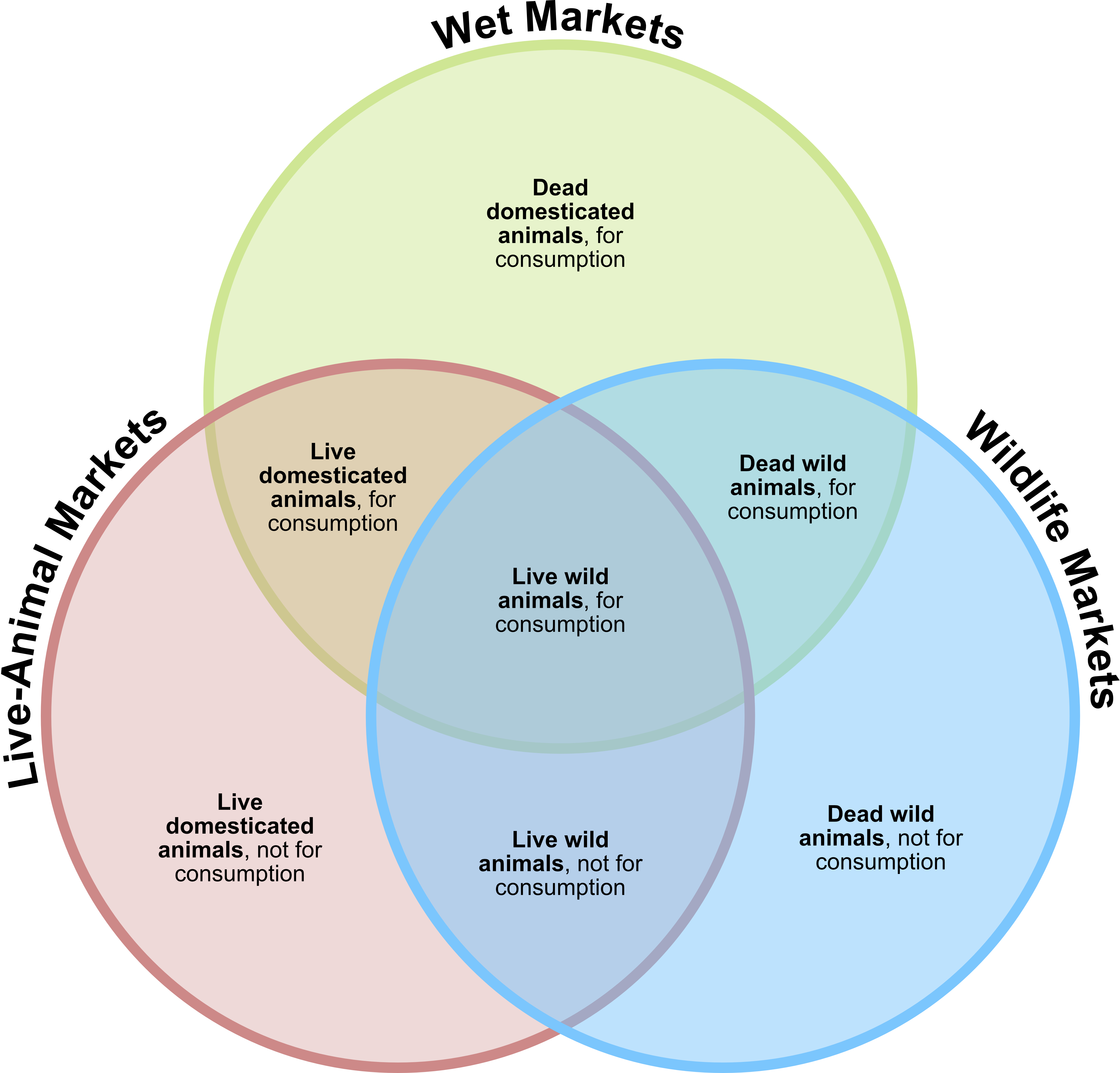
A Better Understanding of “Wet Markets” is Key to Safeguarding

Global governance for pandemic prevention and the wildlife trade

Safeguarding biodiversity is essential to prevent the next COVID

Live and Wet Markets: Food Access versus the Risk of Disease
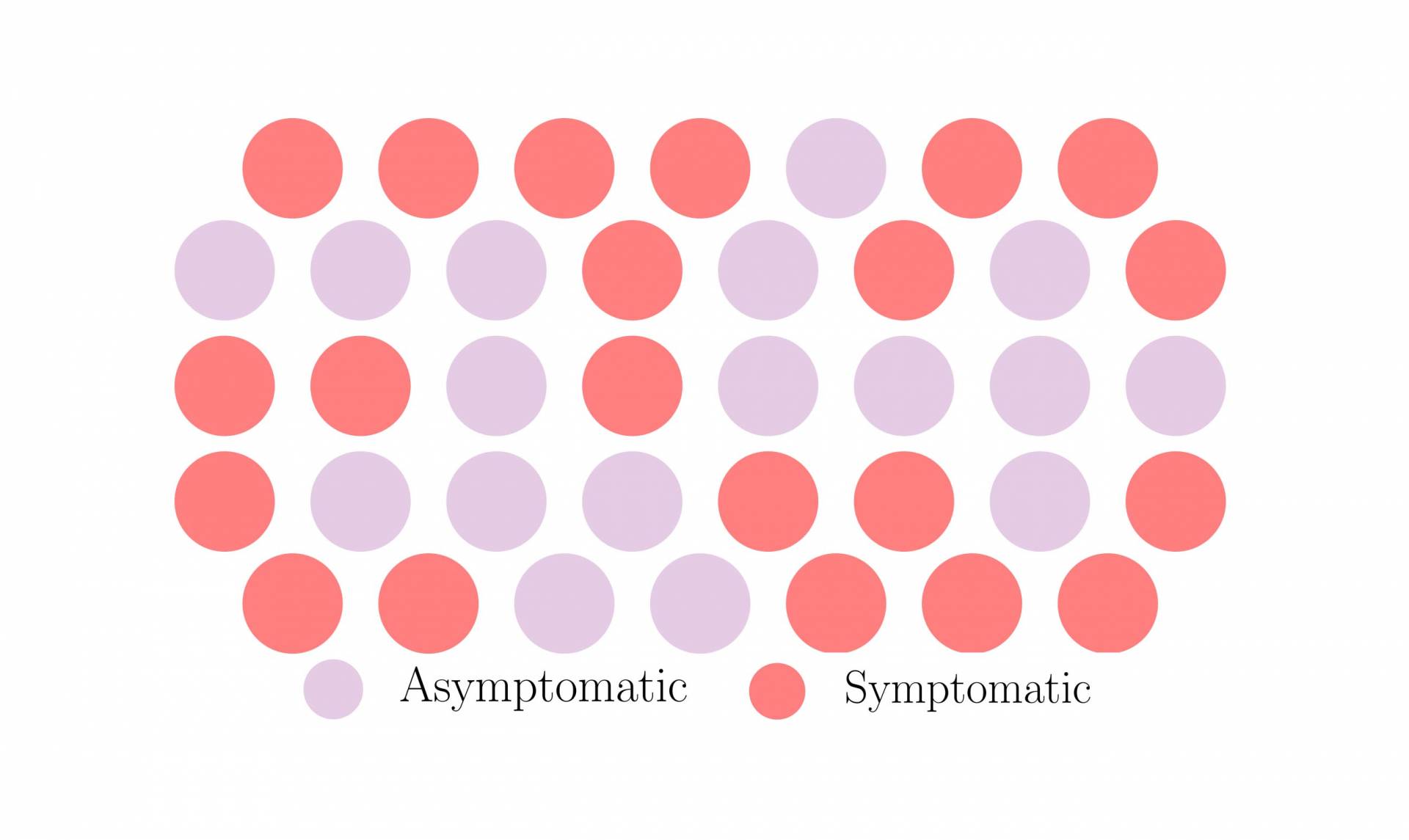
COVID-19's silent spread: Princeton researchers explore how symptomless transmission helps pathogens thrive

We Roar': Andrew Chignell discusses 'good hope' in turbulent times
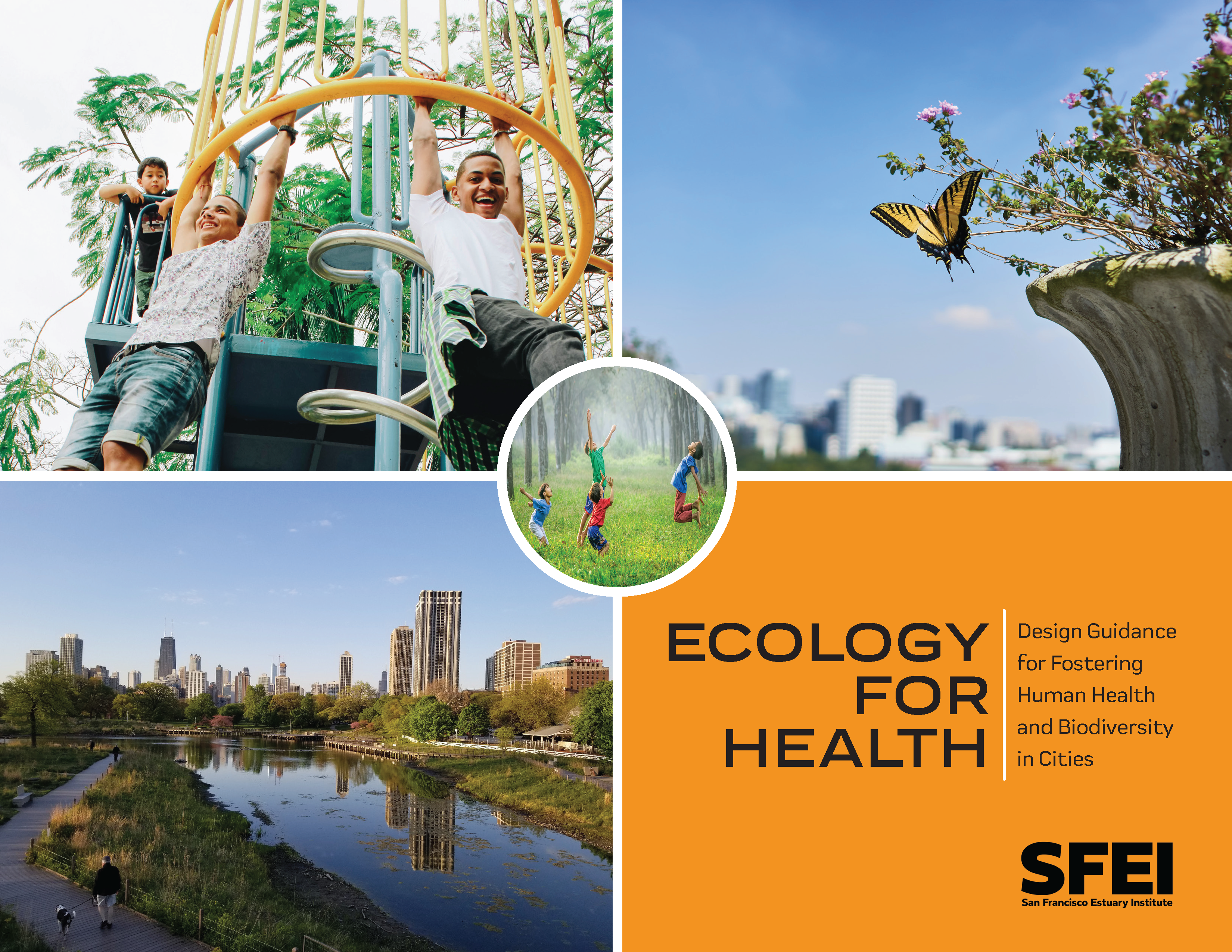
Library San Francisco Estuary Institute
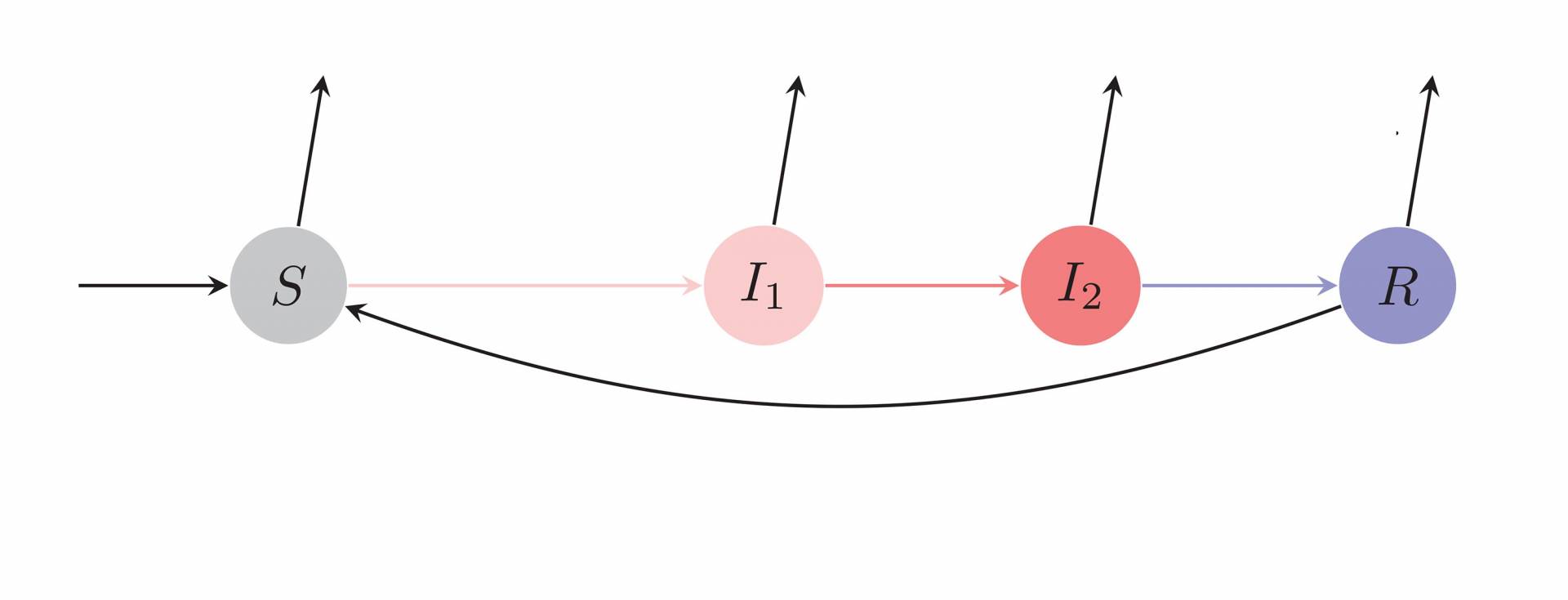
COVID-19's silent spread: Princeton researchers explore how symptomless transmission helps pathogens thrive

We Roar': Economist Alan Blinder calls the pandemic 'one of the most extreme economic events that has ever taken place

Public Policy Office of the Dean for Research
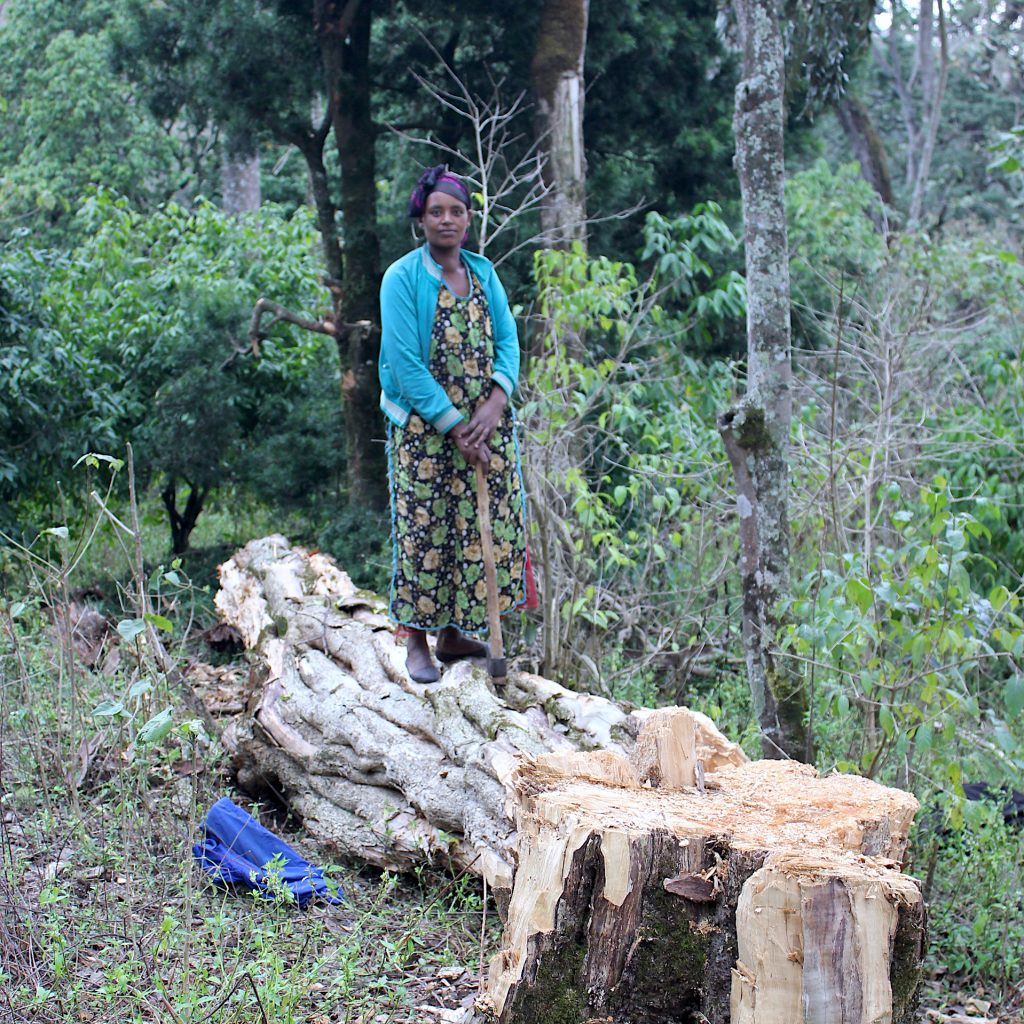
Safeguarding biodiversity is essential to prevent the next COVID









